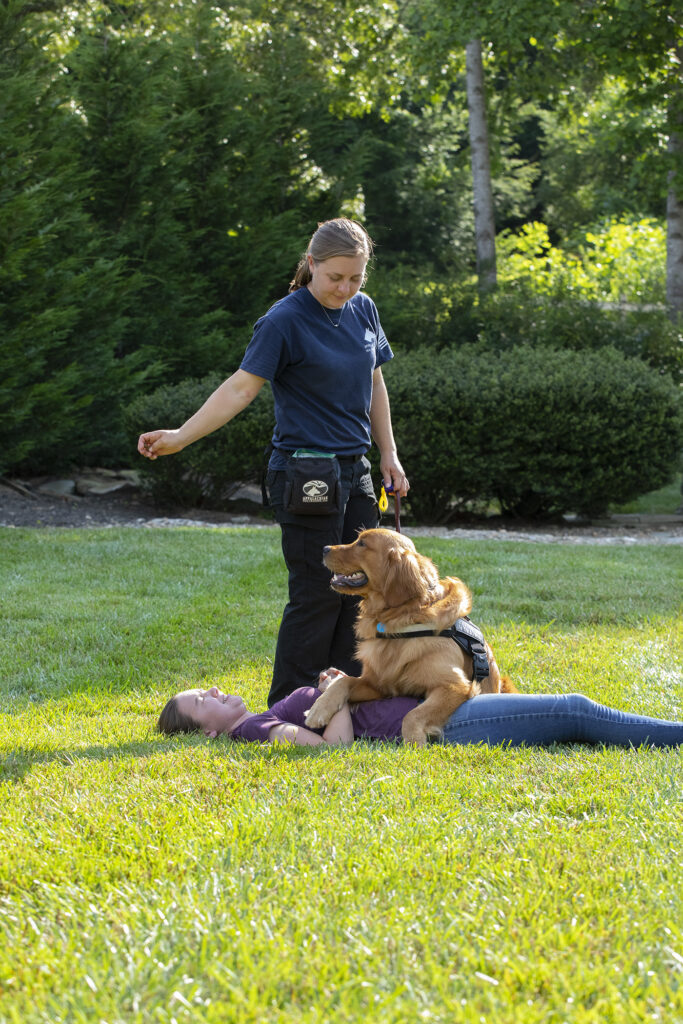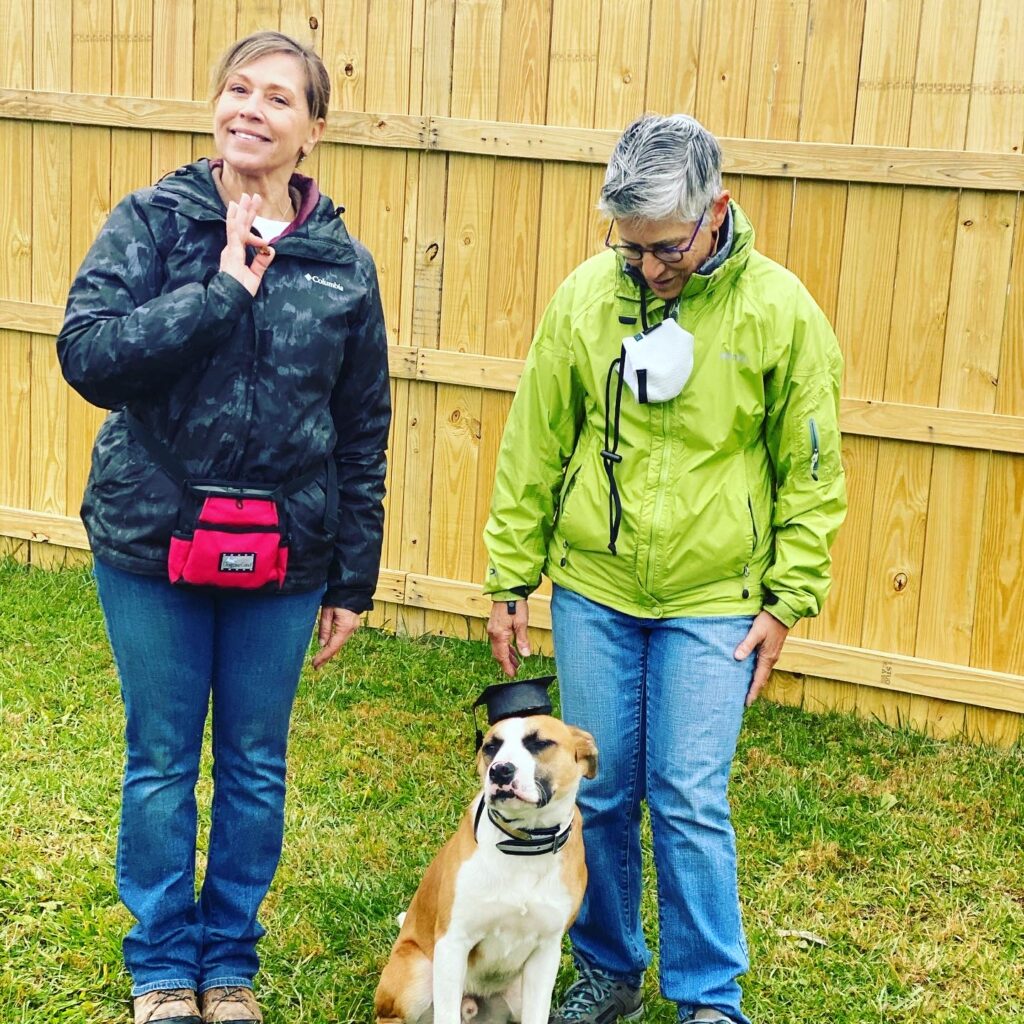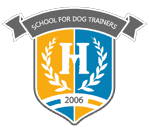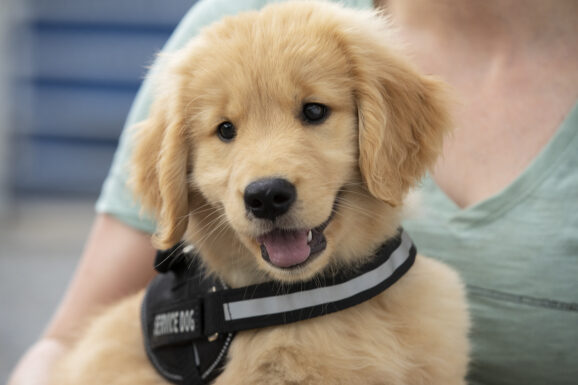As we welcome in a new year, our team is preparing to welcome in a fresh crop of students at the School for Dog Trainers. 2021 is even more exciting for our team as it marks the opening of our brand new Southeast Campus. This enables us to offer our programs to even more aspiring dog trainers.
If you’re considering embarking on a program of study at any institution – no matter your profession or career choice – you want to know how your study will benefit you upon graduation. What are your job prospects? What is your earning potential? What have other graduates gone on to achieve?
For the final question in that series, our Graduate Showcase articles demonstrate the opportunities available to students attending the School for Dog Trainers. As part of this series, we’ve interviewed graduates from across the United States, in addition to professional dog trainers who have gone on to make their mark in other parts of the world. Our school attracts great students – and they go on to become great dog trainers.
In the latest of our Graduate Showcase series, we spoke to Katie Weibel, owner of Appalachian Dog Training. Katie attended the School for Dog Trainers in 2016, graduating from the Master Dog Trainer program as class Valedictorian.
In this interview, we caught up with Katie to discover more about her business – and also discovered her advice for anyone thinking of entering the dog training industry.
Please tell us a little bit about your business, Appalachian Dog Training, and the services it offers.
We offer pet training, therapy dog training, trained service dogs, and selectively bred AKC Golden Retriever puppies for our programs.
The heart of our client dog services is our Board & Train program. Through transparency and clearly defined training goals and expectations, clients can entrust their dog training needs with us.
We work within the ADA guidelines of service dogs, far exceeding the suggested training and applicable tasks. The challenge of selecting environmentally stable, health tested puppy candidates led us to develop our service dog breeding program. We are building a better dog through meticulous selection of stock with proven health testing and with relatives and offspring actively working as service dogs and therapy dogs, having completed our rigorous training programs.

Could you tell us about your background with dogs, prior to attending the School for Dog Trainers?
I grew up on a working dairy farm and our family dog was always a Golden Retriever. My mother and grandmother were special education teachers and so, naturally, I wanted to teach dogs and work with special needs families.
How did you first hear about Highland Canine/School for Dog Trainers?
Highland became a GI Bill approved Vocational School and I registered to attend immediately after service. Attending a hands-on dog training school was a lifetime dream of mine!
Which program did you study at the School for Dog Trainers?
I completed the full 6 months program (Master Dog Trainer). I would do it again! Although I learned everything to confidently open my dog training business, each dog teaches me something new. I am always learning. And the school has so much to offer, it is hard to take it all in in just 6 short months.
Can you provide some insight into how your education helped you to start your own business? How do you use what you learned in the Master Dog Trainer program in your day-to-day business activities?
I lacked the confidence needed to enter the dog training market and deal with big competitors. I did not have the education or experience to feel confident in talking to new customers with difficult dogs, evaluating dogs correctly, and writing training plans.
What I learned at Highland gave me the confidence to trust myself in working with clients, knowledge I had correctly assessed a behavior problem, and experience in each dog I successfully helped.

How easy (or difficult) did you find it to transition to running your own business?
I gave up my 9-5 job in order to work 5am-9pm! Crazy, right?! I was really dedicated for the long term. I started part time, and when I was too busy to work at my “9-5” job I made the leap to only working for myself.
What is your favorite aspect of running your own business?
I enjoy being able to give back to the dog each and every day. I can influence people and dogs directly, but also on a larger scale by the programs and services Appalachian Dog Training offers.
Today's students at Highland are graduating into an industry which is experiencing significant year-on-year growth. It is also a very competitive industry to be successful in. Do you have any advice for graduates from the School for Dog Trainers who are thinking of starting their own business in this industry?
Get the education. Hands-down. The majority of your competition has good marketing but are horrible at training dogs. In the end, results are what matter. And, of course, always holding true to your values, doing what is in the best interest of the dog. Always.
What are your future aspirations for Appalachian Dog Training?
Growth. If you are not growing, you are doing the opposite. Dying. You can never predict every market scenario (COVID-19!!) but you can always be creative and flexible. And our #1 goal as we grow and change is to always stay true to our mission; to help people through dogs!
—
Read more in this series:
Graduate Showcase: Anna Shreeves & Walk SLO Pet Care
Graduate Showcase: Carmen Nixon, David Berlak & Paw by Paw Dog Training
Graduate Showcase: Steve Rigden & Taipei Dog Training
Graduate Showcase: Rebekah Collins & LittleRose Canine Services
Graduate Showcase: James Leung & Hong Kong Canine

